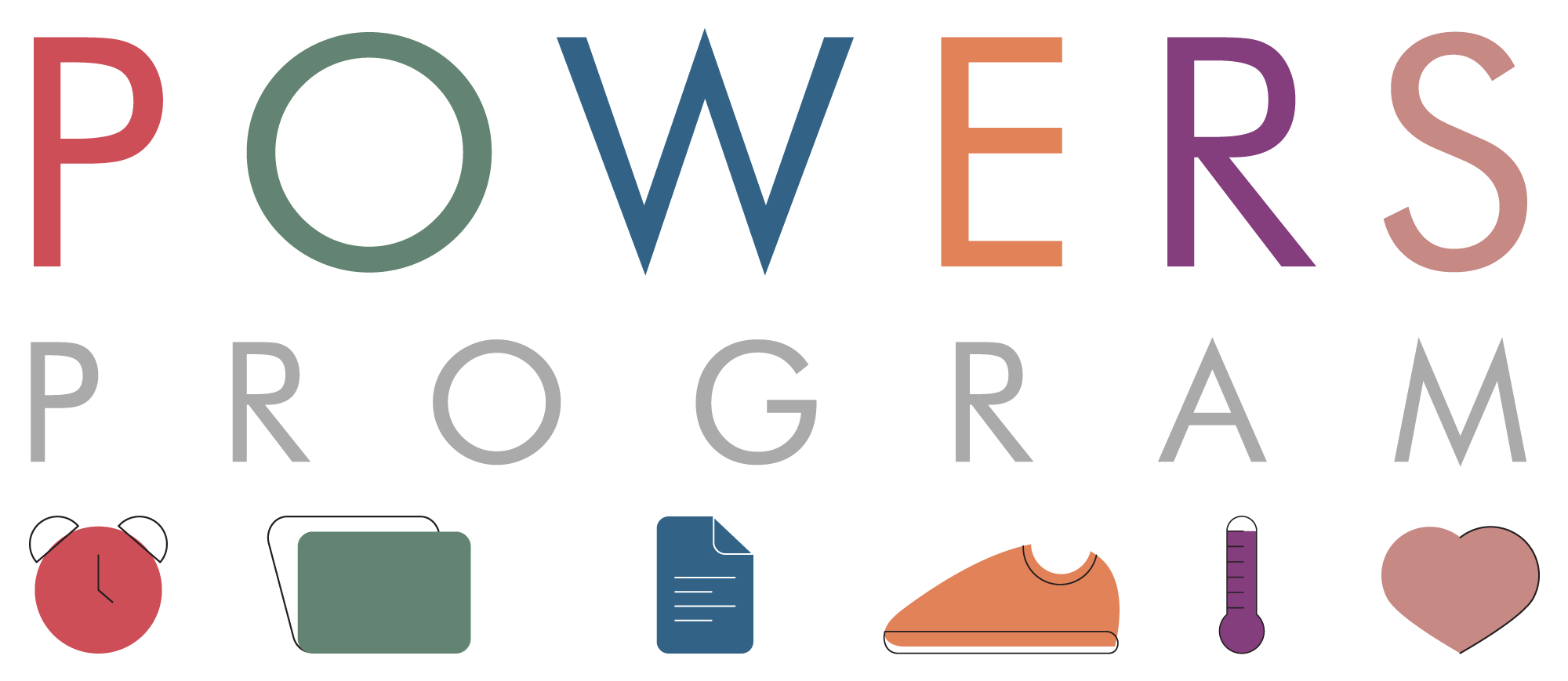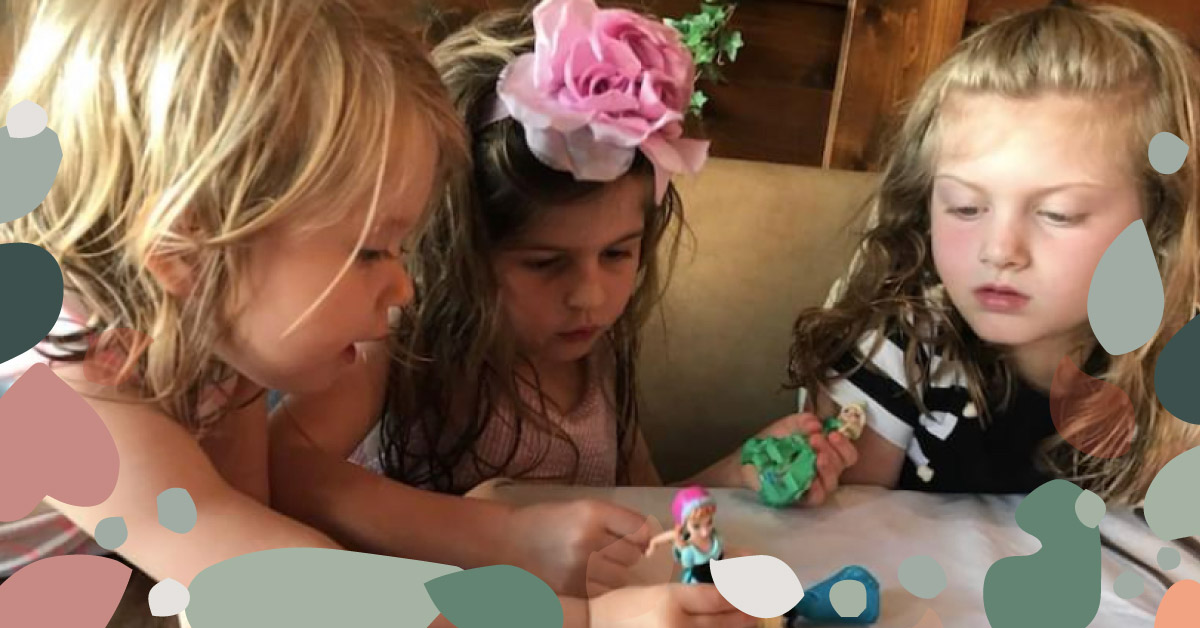Attention-Deficit/Hyperactivity Disorder (ADHD) can severely affect a child’s social, academic, and emotional functioning. In an opinion article on CNN (http://www.cnn.com/2016/03/01/opinions/adhd-pills-for-children-drexler/index.html) Peggy Drexler, a professor of psychology at Cornell University, discusses the vital importance of utilizing behavioral and psychological interventions in treating ADHD, and how medication alone often does not suffice. In the article she shares results from recent studies showing that children who started to receive social skills training alongside basic behavioral approaches fared significantly better than those who began treatment with medication.
The Importance of Healthy Relationships
What is the secret to living a happy and healthy life? It could be that the answer is as simple as having warm, trusting relationships with significant others, family, friends, and community. In fact, in the link below is a brief video in which a researcher whom has followed more than 700 people over the arc of their lives found that the major determining factor in which people grew happily and healthily into their 80’s was having good relationships. In his words, “social relationships are good for us, loneliness kills”.
Mindfulness Exercises
Over the past 25 years there has been extensive research into the benefits of living a more mindful life. What is mindfulness exactly? It is a state of active, open attention on the present. If this sounds pretty simple then, well, it is, but it also has very important implications for our mental health. It comes down to this – a wandering mind is not a happy mind. In fact, the more we ruminate on the past or worry about the future the higher levels of stress and anxiety we end up feeling. And the addition of multiple distractions in our lives (computers, cell phones, television, etc…) only makes this worse as we are more and more disconnected from the world immediately surrounding us. However, the benefits of mindfulness don’t end with reduced stress and anxiety. Practicing mindfulness also has the potential to address problems with impulsivity and focus, which are the core issues of Attention-Deficit/Hyperactivity Disorder. This is exactly why we are incorporating this approach into our work here at The Kahane Center. Below is a link to some easy mindfulness exercises. Why not give them a try and see what kind of difference they make?
Healthy Eating
How many parents struggle every day to get their kids to eat healthier? Undoubtedly this is one of the major battles taking place at the dinner table on a nightly basis…a battle many parents feel they are losing. It seems pretty well established that forcing a child to eat broccoli before they get ice cream just ends up making broccoli even more hated and ice cream that much more loved. And how is such a power struggle going to ever encourage children to make healthy choices for themselves? I think the informal data is pretty clear – it doesn’t. But that doesn’t mean we should give up hope! Children are not destined to give salads the stink eye or stick their tongues out at spinach. In fact, there are plenty of children and adults who appreciate and even love to eat healthy foods.
Executive Function
“When I was in elementary school I had one teacher every day for the whole day and she told me what I needed to do that night for homework, and with the help of my mother I was usually able to get it done. When I got to middle school I had a bunch of teachers, each one with their own way of doing things and the homework was not always due the next day and it got a lot harder for me to keep track of everything. Now in high school they don’t even tell me what my homework is all the time and it is cumulative and overwhelming. I can only imagine what college is going to be like for me. I need help!” (Joshua, Age 14)
Getting Adequate Sleep
Healthy living for parents, teens and children involves getting adequate sleep. This something we all know intellectually, but can be one of the most challenging goals to reach, especially given our 24/7 society. Sleep is critical for families to stay healthy and for children and teens to learn, grow, do well in school and function at their best. When children and adolescents do not get adequate sleep we can see behavioral problems, impaired learning and school performance, sports injuries, mood and emotional regulation difficulties and declines in health including increased risk of obesity. Studies in adolescents show that lack of sleep may be related to high –risk behaviors such as substance use, suicidal behaviors and drowsy driving. Adults are not immune to the effects of a lack of sleep, even if that extra cup of coffee lets you feel alert. Adults need adequate sleep in order to function at their best in the home, driving and at the workplace. In addition, for adults a lack of sleep has been linked to health issues including heart disease, diabetes and obesity. People never get accustomed to sleep loss, but they do become less aware of how impaired they are, even if they are having difficulties with school, work or home functioning and performance. Sleep has significant restorative functions for the brain and the body, so a lack of sleep can interfere with healing from both medical and emotional stressors.
Welcome to The Kahane Center Blog Page
It is said that parenting is the hardest job one will ever have (with the least formal training). It is also the most meaningful job. Therefore, it is important for parents to feel empowered and supported to be able to deal effectively with all of the challenges that emerge throughout the journey and development of their child.
This blog is aimed to help parents increasingly become more equipped with the understanding as well as the tools and strategies to facilitate their child’s growth and development in all spheres of their life.
One of our main goals at the Kahane Center is to help parents to raise children who are fortified to deal effectively in all spheres of their lives – emotionally, socially, behaviorally, nutritionally and academically. We believe the first step to raising a functional, confident and successful child is to support the child in learning how to tune into themselves and the world around them.
- Page 2 of 2
- 1
- 2













